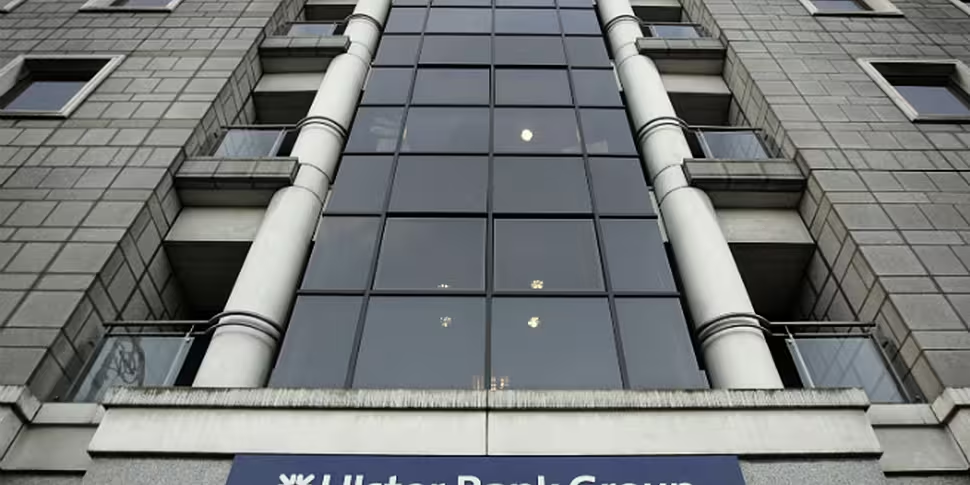The Britidh Chancellor of the Exchequer George Osborne says his government will not sell off Ulster Bank at a loss.
The bank has a strong presence in the Irish market and is owned by parent group Royal Bank of Scotland (RBS).
Osborne last night suggested splitting RBS, which has been bailed out by the British taxpayer, into a good and bad bank with a particular focus on Ulster Bank.
He said selling off his government's stake in RBS is 'some way off' after Prime Minister David Cameron recently raised the prospect of letting RBS shares go at a loss.
The British government bought 39% of Lloyds shares and 81% of RBS in a multi-million pound bailout at the height of the financial crisis in 2008 and speculation has been mounting that the Treasury there wants to begin the process of selling its stake before the 2015 general election.
But Chancellor Osborne last night, in a speech he was giving on his plans for State-owned banks in London, said RBS remained "weighed down by too many poor assets" and insisted there would be no sell-off at a loss.
But he said he was considering steps to return Lloyds bank to the private sector and it could offer shares to the public.
Ulster Bank
Mr. Osborne said he had ordered an urgent review into the possibility of breaking up RBS into a "good bank" and a "bad bank" to separate out toxic assets and risky loans from parts of the business which support the economy.
The review will particularly focus on assets in Ulster Bank and UK commercial real estate, and will not involve any further injection of taxpayer money into RBS.
Newstalk's Business Editor Ian Guider explains:
Watch analysis of his speech below:
UK economy
In upbeat comments about the state of the UK economy, he said Britain had "left intensive care" and was now moving "from rescue to recovery".
"So five years on from the financial crisis, we can now take the first steps to returning Lloyds to the private sector where it belongs.
"And for later sales of shares, we will consider a retail offering to the general public."
But he said RBS remained "weighed down by too many poor assets" and insisted there would be no sell-off at a loss.
Politicising banking
Responding to the speech, shadow chancellor Ed Balls said: "We have always argued that the future of RBS and Lloyds should be driven by the best interests of the British taxpayer and the wider economy, not a political timetable.
"George Osborne has now been forced to back down from the foolhardy idea of a pre-election firesale of RBS.
"The Government's review of the future shape of RBS is welcome but it must look at all the options, including the case for splitting retail and investment banking at RBS, so that there is no return to business as usual."









